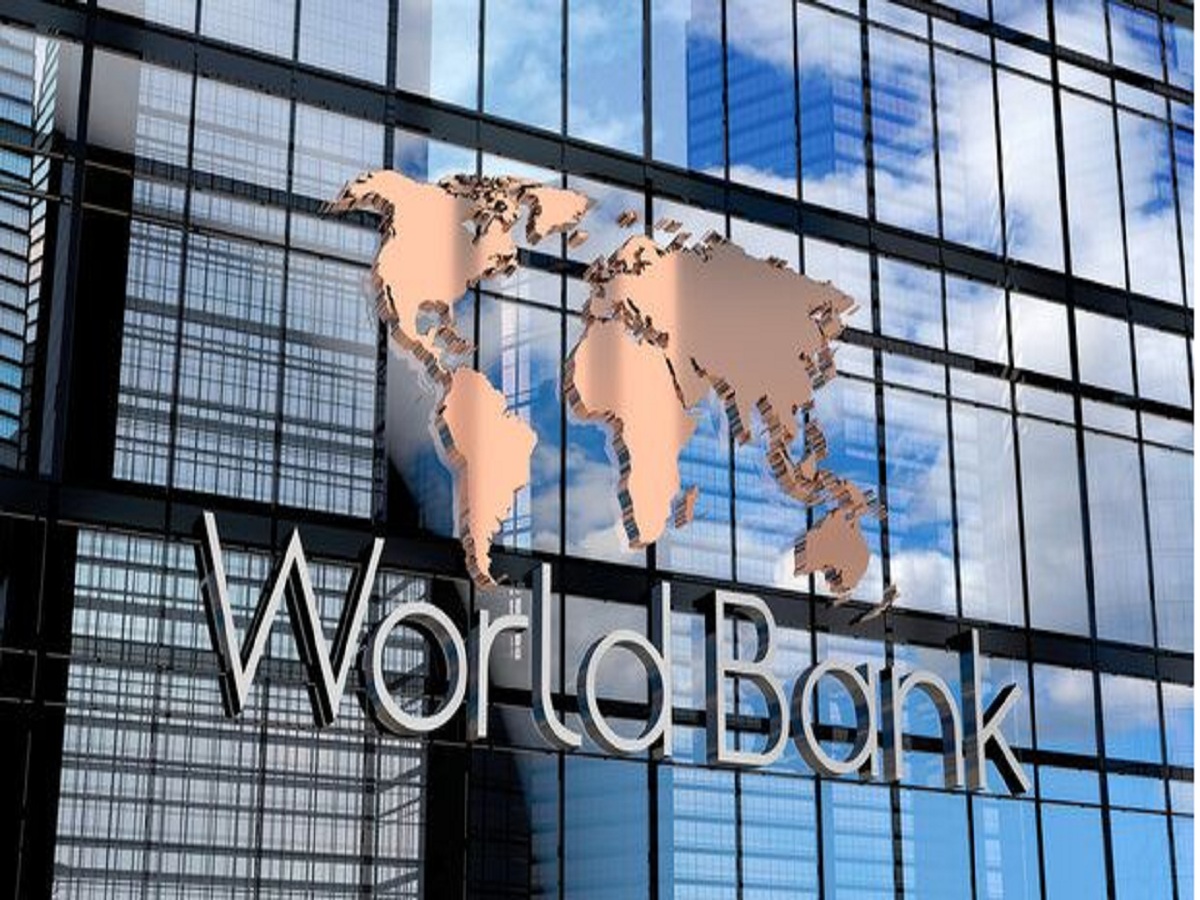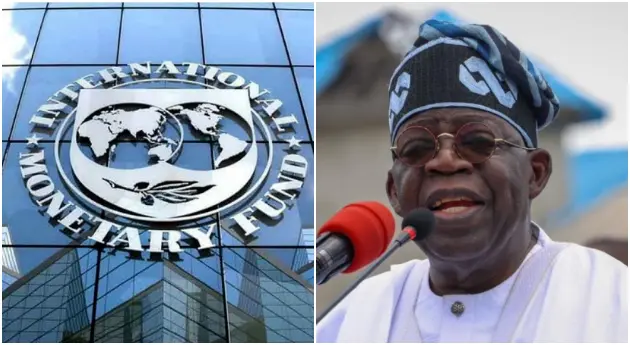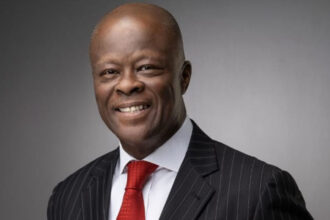The World Bank has projected that Nigeria will see a significant rise in poverty levels over the next five years, with more citizens expected to fall below the poverty line by 2027.
This forecast was detailed in the latest Africa’s Pulse report, released during the Spring Meetings of the International Monetary Fund (IMF) and the World Bank in Washington, D.C. The report highlighted a troubling trend: poverty in resource-rich and fragile countries, such as Nigeria, is expected to rise by 3.6 percentage points between 2022 and 2027 — making it the only country group in Sub-Saharan Africa facing such an increase.
While Nigeria experienced stronger-than-expected economic growth in late 2024, driven largely by the non-oil sector, the World Bank warned that the country’s dependence on natural resources, combined with institutional fragility, continues to undermine efforts to reduce poverty.
“Resource-rich countries are not expected to grow at the same rate as non-resource-rich ones, largely due to declining oil prices and weak governance,” the report noted. “This lack of growth is closely tied to slower poverty reduction, and in some cases, worsening conditions.”
The report emphasized that sub-Saharan Africa remains the region with the highest rate of extreme poverty globally. In 2024, the region accounted for 80 percent of the world’s 695 million extremely poor people. Within sub-Saharan Africa, half of the 560 million extremely poor lived in just four countries, including Nigeria.
According to Statistica, in 2025, nearly 11.7 percent of the world population are in extreme poverty, with the poverty threshold at US$2.15 dollars a day, lived in Nigeria.
Moreover, it stated that the Democratic Republic of the Congo and other African nations with a large poor population were Tanzania, Mozambique, and Madagascar
The World Bank contrasted this with non-resource-rich, non-fragile countries, which have achieved better outcomes due to stronger economic diversification and higher agricultural commodity prices. These nations are reducing poverty more effectively and are expected to continue on that path.
For countries like Nigeria, the report stressed the need for urgent reforms. “Improving fiscal management and establishing a stronger fiscal contract with citizens is crucial,” it stated, urging leaders to adopt inclusive policies that support growth beyond the oil sector.
Unless bold steps are taken, the World Bank warns, poverty in Nigeria is set to deepen, further complicating efforts to achieve sustainable development in the coming years.
READ ALSO: Police nab three suspects with human parts in Ogun








